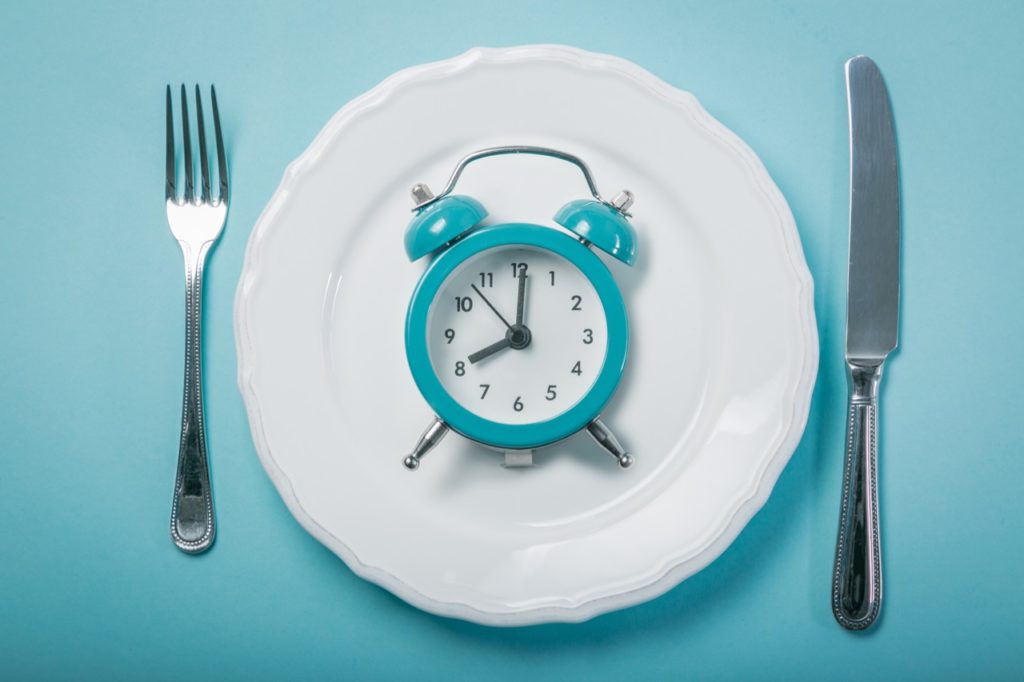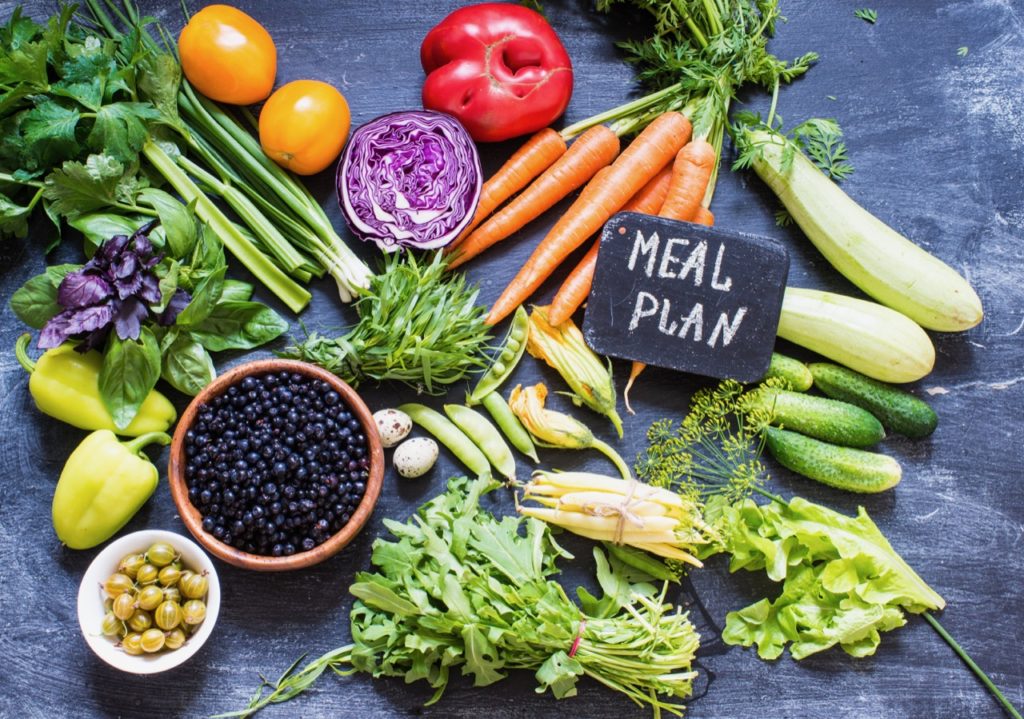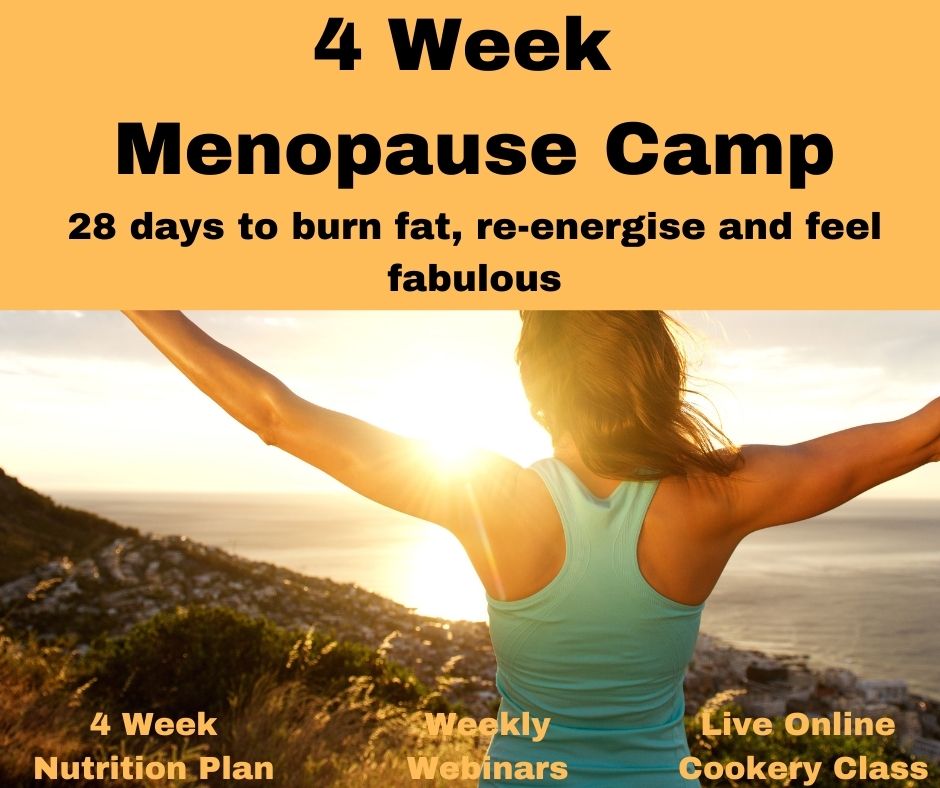Weight Loss During Menopause
If you are approaching the menopause you may be noticing changes to your health and shape. Along with the hot flashes and dry skin, one of the most common complaints is struggling to keep the weight off. Even if you have been careful with your diet you may still find the weight creeps on. Frustrating isn’t it?
So why do we tend to gain weight around menopause? In my experience there are a number of factors to consider. Both metabolic and endocrine changes around the onset of menopause are likely to be playing a role.
Firstly of course there is a reduction in sex hormones. In addition as your ovaries begin down-regulating oestrogen, your fat tissue up-regulates it. This in turn can cause an imbalance between oestrogen and progesterone. Oestrogen plays a key role when it comes to metabolism as it supports a wide range of physiological functions including glucose and insulin sensitivity. Oestrogen is also a factor when it comes to sleep, appetite, microbiome health and adiponectin production (that promotes fat burning). All of these can have an effect on weight. Testosterone levels also fall which can influence libido and dry skin. Other hormones that can influence your weight include insulin, leptin, adrenal and thyroid. Keeping all of these optimal can make a real difference when it comes to weight loss.
When oestrogen levels start to fall there is also a greater risk of insulin resistance and imbalances in blood glucose. So one of the ways to improve weight loss is to focus on improving glucose balance and insulin sensitivity. Tweaking the diet including increasing protein intake, reducing overall carbohydrate intake, looking at total calories, ensuring sufficient healthy fats and making sure there are no insufficiencies in key vitamins and minerals are just a few of the basic core principles to follow. In my experience women particularly during the menopause often fail to get sufficient protein in their diet. Typically I find that as they increase their protein their body composition improves meaning fat mass goes down without adversely affecting muscle mass. I often like to use protein powders with added vitamins and minerals to make it easy to optimise nutrient status.
Beyond the basics of macro and micro nutrients to support weight loss there are specific nutrients that can target genes involved with glucose pathways. AMPK and SIRT1 assist in the process of glucose uptake and metabolic health. These can be activated by calorie restriction, certain plant compounds and exercise. Some of my favourite nutrients to use include resveratrol, lipoic acid and berberine. Berberine for example has been studied for also benefiting type 2 diabetics.
Exercise is key to helping change your body composition but don’t expect results without paying attention to your diet. HIIT training, slow steady state exercise like walking and weight training can all be beneficial but it is important to choose something that you actually enjoy so that is sustainable for you in the long term.

Circadian rhythm is equally important when it comes to metabolic balance. There are many disrupters of our circadian rhythm. These include night time light exposure, improper meal timing, poor or disrupted sleep, ongoing stress, long haul flights, night shifts and of course menopause itself. Studies have shown that imbalances in your circadian rhythm can affect glucose levels, insulin and appetite. So you can see that when we enter menopause it is important to see how we can optimise glucose balance as well as circadian rhythm. Time restricted eating and fasting can help rebalance our circadian rhythm. I also recommend you eat dinner early and keep your meal times at the same time each day. Avoid ongoing snacking through the day and consider the use of fasting techniques like the fasting mimicking diet.
Another contributing factor is the role of inflammation. Abdominal fat and excess fat in general can increase inflammation and vice versa. If you have an ongoing inflammatory condition or suffer with gut dysbiosis then inflammation may well be driving your issues when it comes to weight gain. So addressing underlying inflammation and gut imbalances will be important for long term weight management. This may mean you need to include probiotic and prebiotics. Focusing on lots of plant based foods can also help to nourish the gut and support the healthy detoxification of oestrogen.

Weight loss during menopause is not simply just looking at your calories – it is far more complex and needs to take into account all the underlying functional imbalances that may be making it harder to shift the pounds.

Want to lose the menopause weight? If you have tried various approaches without success then we are thrilled to announce we will be launching our 4 Week Menopause Camp in January 2021.
Our Menopause Camp will include a 4 week nutrition and meal plan to follow (all recipes gluten free and vegan options provided throughout), weekly webinars taking an in-depth nutrition look at the menopause and a live cookery demo . This program is designed to help you lose the flab, feel vibrant and fabulous again!
Places will be limited – if you are interested in joining the course sign up below and we will notify you when it is launched.

